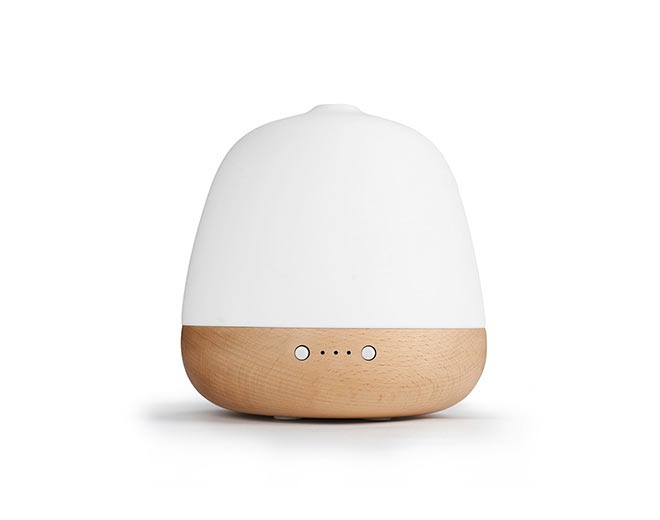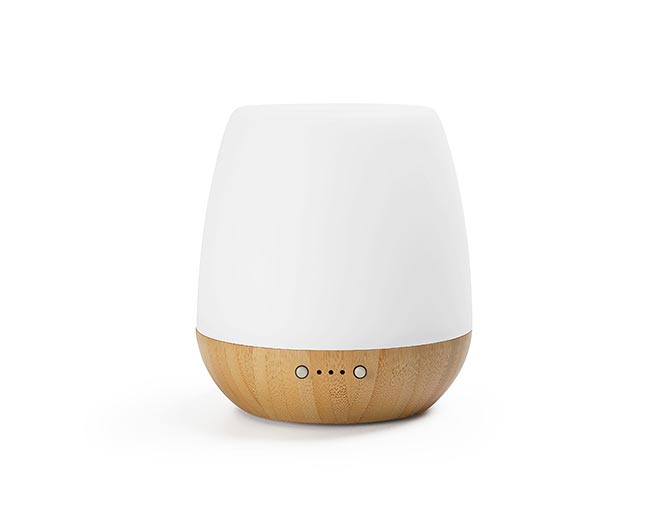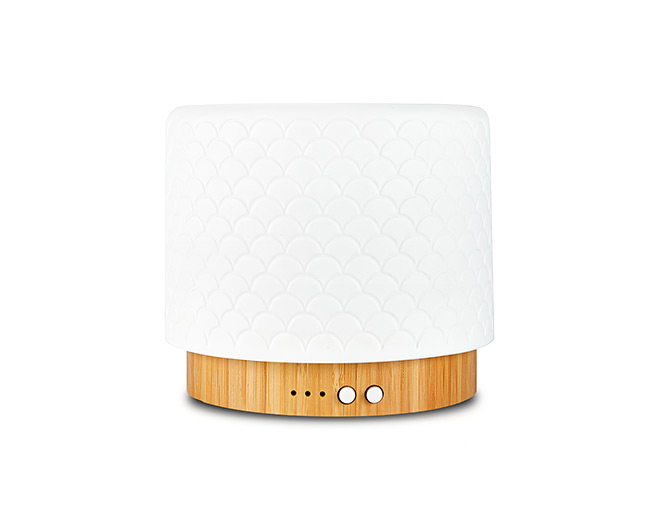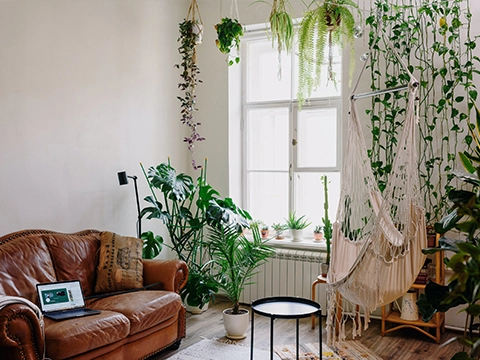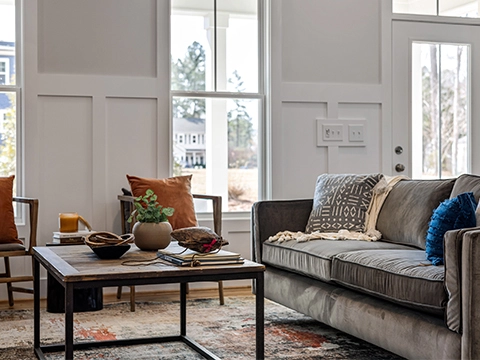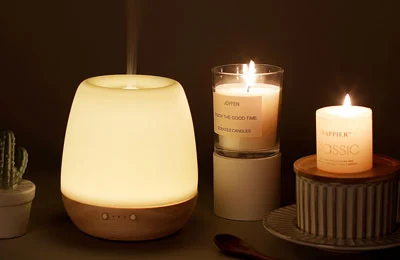To choose a diffuser for your bedroom, you should consider the following factors:
1. Size: Depending on the size of your bedroom, you might want to use a medium to large-sized ultrasonic diffuser. This way, you can fill the reservoir with enough water to last you through the night. Smaller diffusers require refills sooner.
2. Scent: Some essential oil scents like rose, ylang ylang, lavender, or chamomile can help those with mild sleep disorders to fall asleep.
3. Placement: Place the diffuser on the opposite side of your nightstand. You don’t want it too close to your bed, to prevent accidentally knocking it off the table as you sleep. It also helps for there to be some distance between your face and the essential oil vapor to prevent direct inhalation.
4. Features: Choose an essential oil diffuser that goes well with your decor and comes with the features you want—such as a long run time, multiple mist settings, or color-changing lights.
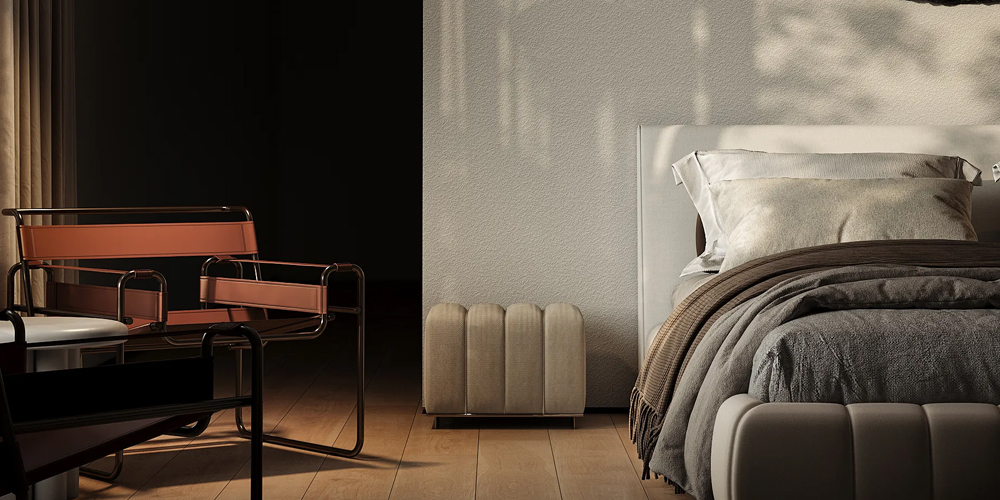
Some oils for sleep
1. Lavender: Lavender is one of the most common essential oils in the U.S. due to its versatile health benefits. It has sedative and calming effects that may improve both sleep quality and duration ¹.
2. Chamomile: Chamomile is useful for promoting calm and aiding relaxation.
3. Bergamot: Experts believe that bergamot may help reduce blood pressure and heart rate, resulting in a calming effect.
4. Peppermint: Peppermint oil may help with sleep apnea and snoring.
5. Cedarwood: Cedarwood oil may increase total sleep time and reduce early morning awakenings.
6. Sandalwood: Sandalwood oil may help reduce anxiety and promote relaxation.
7. Marjoram: Marjoram oil may help reduce anxiety and promote relaxation.
Please note that essential oils should be used with caution and under the guidance of a healthcare professional. Also, it's important to use high-quality essential oils and to follow the instructions on the label.
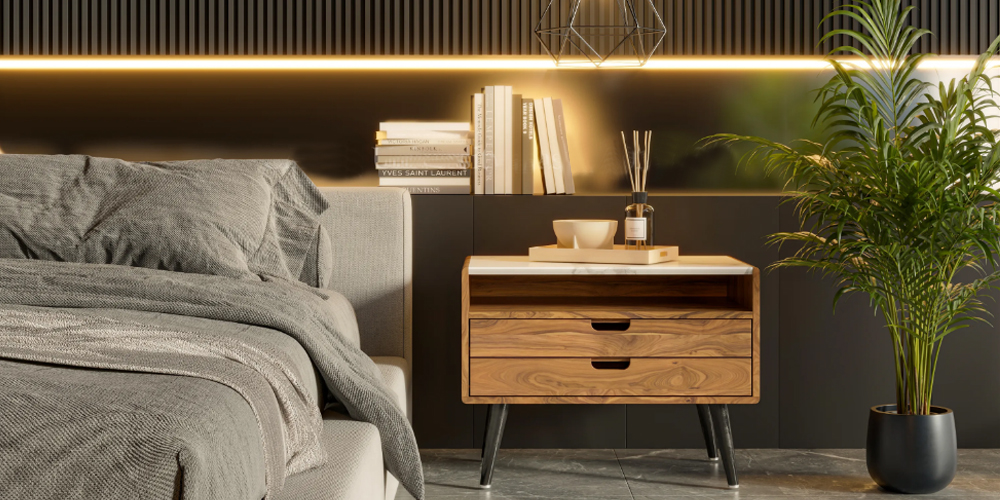

 English
English français
français português
português 日本語
日本語 한국어
한국어 Deutsch
Deutsch Español
Español italiano
italiano العربية
العربية dansk
dansk Polska
Polska Svenska
Svenska magyar
magyar български
български Nederland
Nederland


